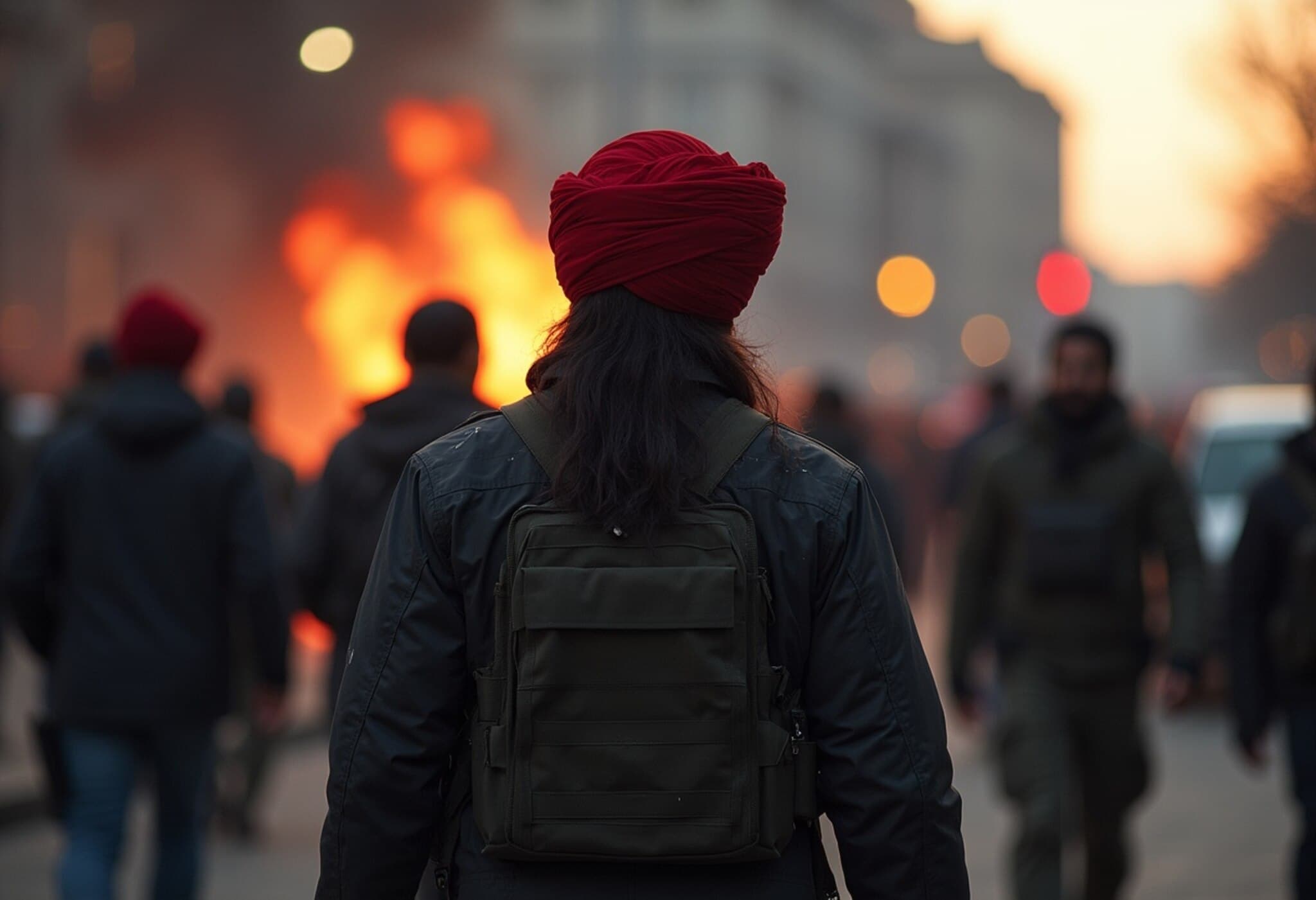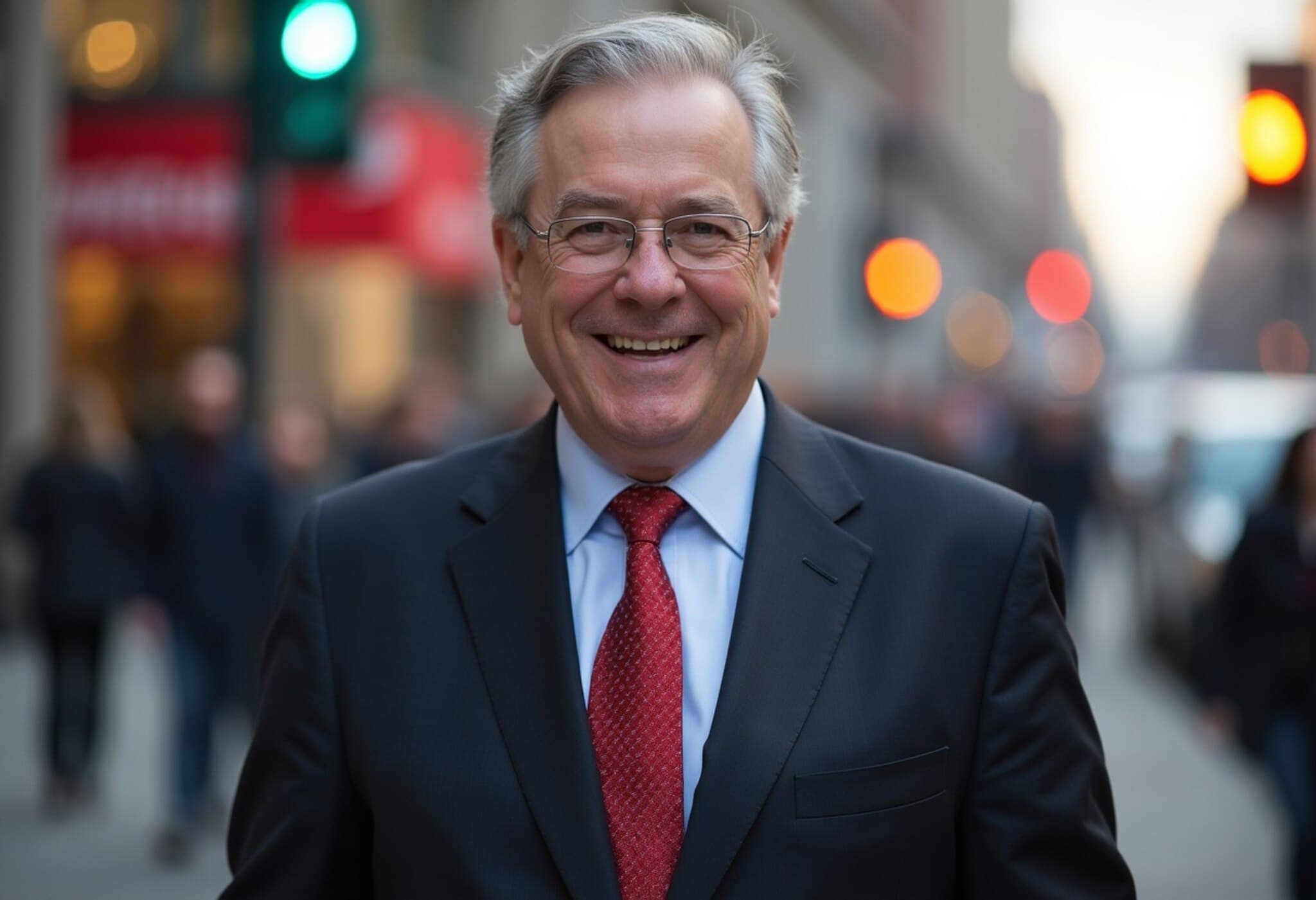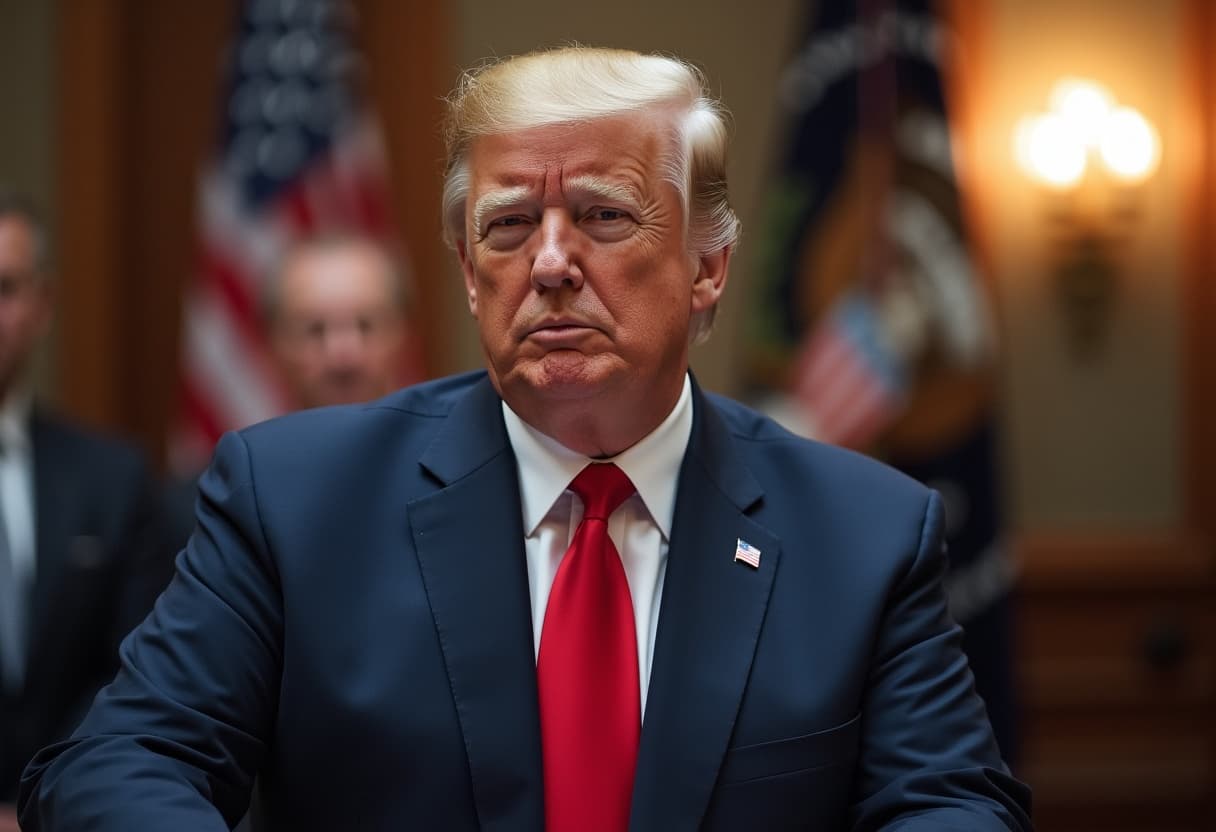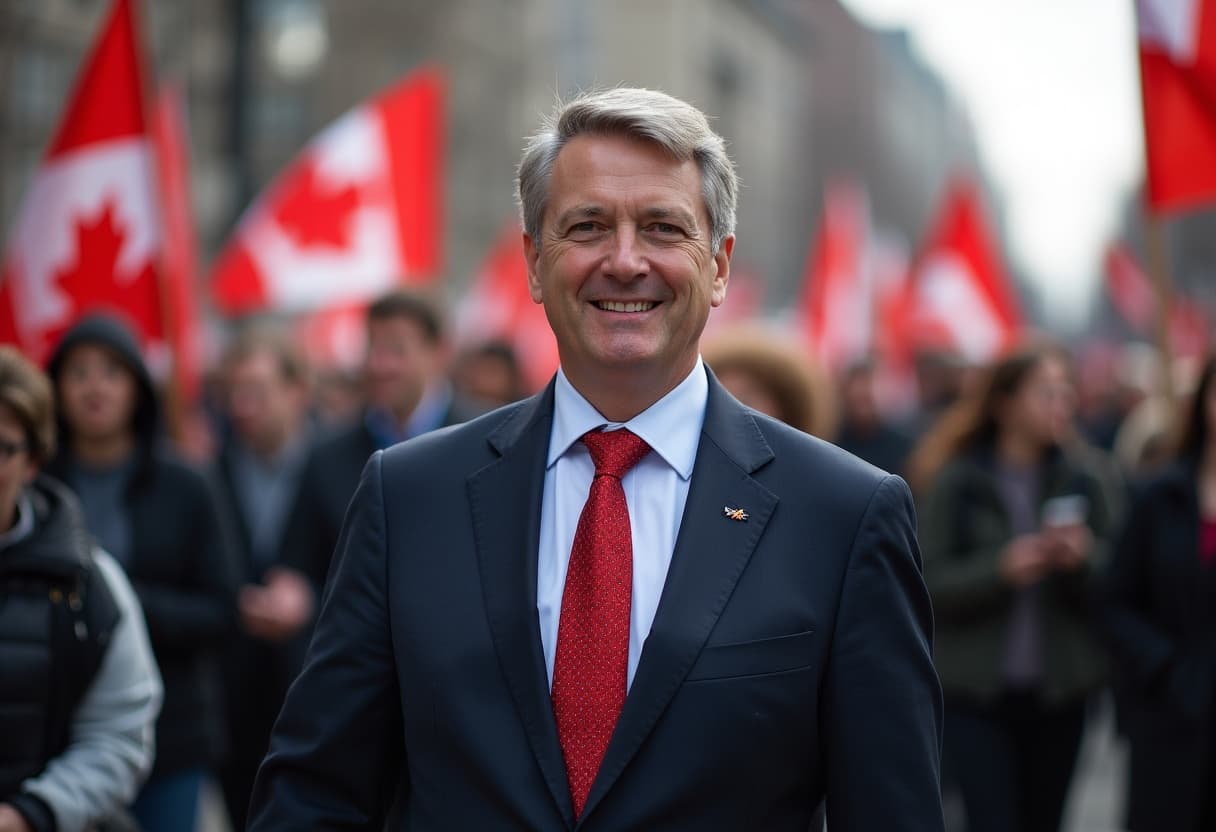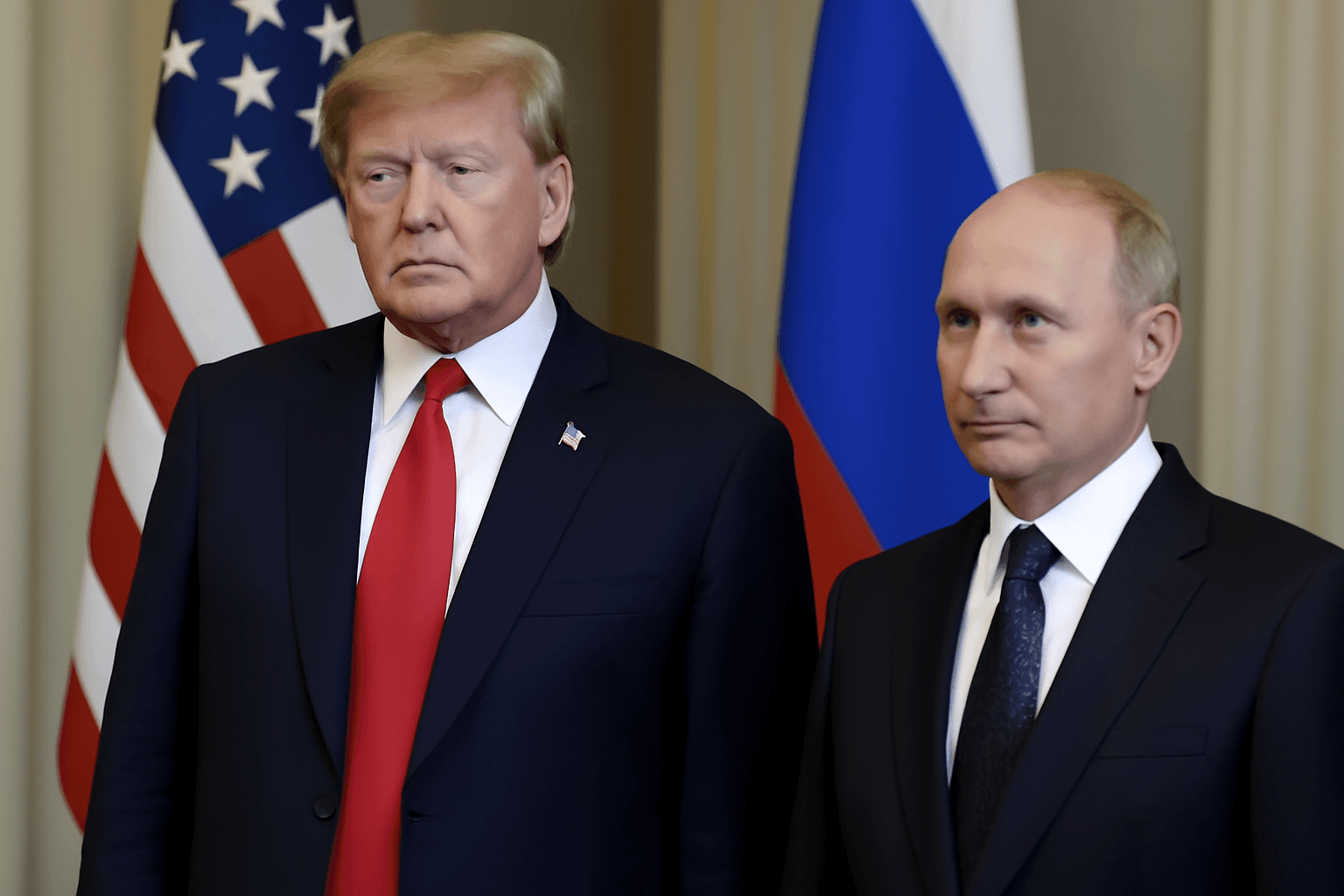Canada’s Conservative Party Pushes to Label Lawrence Bishnoi Gang as Terrorist Entity
In a growing security concern across Canadian provinces, the Conservative Party of Canada has urged Prime Minister Mark Carney’s government to officially designate the Lawrence Bishnoi gang as a terrorist organization. This call follows a series of violent incidents attributed to the transnational criminal group, prompting high-profile political voices to demand stronger government action.
Conservative Leaders Vocalize Urgent Need for Terror Designation
Conservative Party leader Pierre Poilievre voiced his criticism boldly on his social media platform, X (formerly Twitter), citing what he described as the consequences of "Liberal open borders immigration policies" that allegedly facilitated gang members entering Canada and threatening community safety.
“Liberal open borders immigration allowed Bishnoi terrorists and gangsters to come to Canada and terrorize our communities. Conservatives call: Ban the Bishnoi terrorists; arrest and deport all its members now.”
— Pierre Poilievre (@PierrePoilievre)
Supporting this stance, MP Frank Caputo penned a strongly worded letter to Minister of Justice Gary Anandasangaree, underscoring the gang’s engagement in violent crimes driven by political, religious, and ideological motives. Caputo urged the government to enable enhanced legal tools to combat the gang’s activities by listing the Bishnoi organization as a "terrorist entity." This designation would pave the way for financial sanctions, criminal penalties, and property seizures, equipping law enforcement with broader powers.
Regional Leadership Echoes Federal Urgency
Provincial leaders have also thrown their weight behind the call for designation. Alberta Premier Danielle Smith described the Bishnoi gang as a "transnational criminal network" responsible for widespread violence, including extortion, drug trafficking, and targeted killings within Canadian borders. Smith emphasized that formal terrorism classification would unlock critical law enforcement capabilities at provincial and municipal levels.
“The Lawrence Bishnoi Gang is a transnational criminal network responsible for violence, extortion, drug trafficking and targeted killings, including here in Canada. Its reach is global, and its intent is criminal and violent.”
— Danielle Smith (@ABDanielleSmith)
Similarly, British Columbia Premier David Eby had earlier pressed for decisive federal action, highlighting the gang’s significant presence across British Columbia, Alberta, and Ontario, with a particular impact on South Asian communities. He stressed that current law enforcement powers fall short of addressing organized transnational crime and that terrorism status would enable police to apply enhanced legal frameworks.
Incident Spotlight: Attack at Kapil Sharma’s Cafe
Recent violence purportedly linked to the Bishnoi gang includes an alleged attack on a popular cafe owned by comedian Kapil Sharma in Canada. Although no injuries were reported, a social media post linked to gang member Goldy Dhillon included veiled threats of further violent actions. Such incidents have fueled public fears and intensified political calls for tougher stances on gang-related violence.
Contextualizing the Threat: The Complexities of Transnational Crime and Terror Designations
The Lawrence Bishnoi gang, originating from India, has long been associated with organized crime, including hit contracts, extortion, and drug trafficking. Its infiltration into Canada exposes challenges inherent in managing transnational criminal networks in an era of globalization and migration.
Applying a terrorist designation is a highly consequential policy decision. It not only facilitates tougher law enforcement measures but also signals a broader political commitment to counter violent extremism. However, such decisions must carefully balance civil liberties, immigration policy considerations, and community relations, especially within Canada’s multicultural landscape.
Expert analysts note that while terrorism designations can unlock critical financial and operational tools for law enforcement, success ultimately depends on inter-agency cooperation, intelligence sharing, and community engagement strategies to preempt radicalization and criminal enterprise growth.
Looking Ahead: What’s Next for Canada’s Security Policy?
- Federal Deliberations: The federal government is expected to review threats, legal frameworks, and evidence before deciding on the terrorist classification.
- Law Enforcement Coordination: Provincial and municipal agencies will likely ramp up collaboration and intelligence gathering.
- Community Impact: Authorities will need to engage with affected communities to address concerns about safety, racial profiling, and social cohesion.
- Immigration Policy Scrutiny: The controversy around border policies could influence broader debates on immigration controls and vetting processes.
Editor’s Note
The growing call to designate the Lawrence Bishnoi gang as a terrorist organization underscores the complexities facing Canadian policymakers in balancing security and civil liberties. As this debate unfolds, questions of immigration policy, law enforcement authority, and community safety remain front and center. Observers should watch how this decision shapes Canada’s broader approach to transnational criminal networks and the evolving definitions of terrorism in the 21st century.

